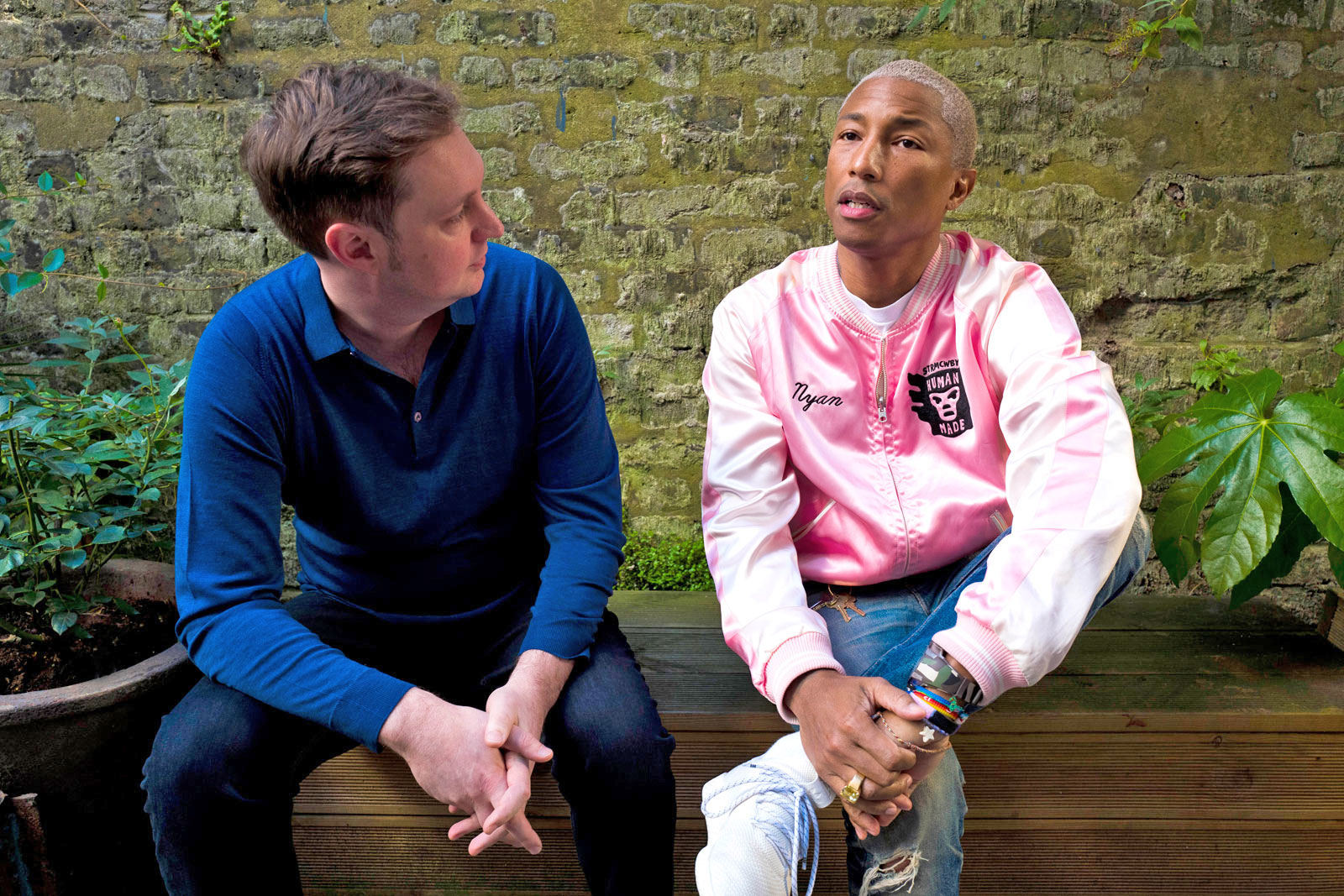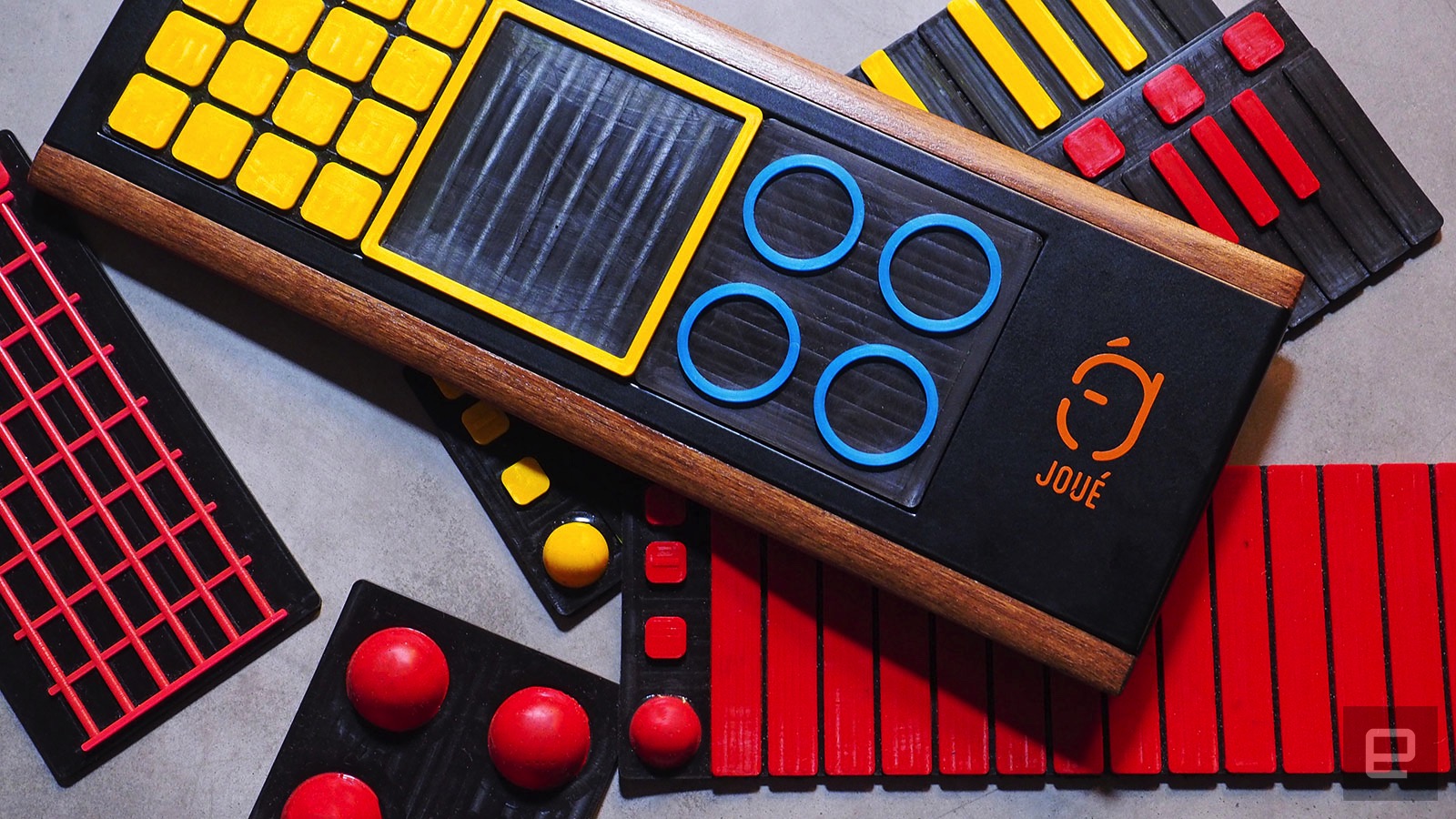
We were pretty impressed with what Roli showed off at SXSW back in March, and now the company's rubberized keyboard is up for pre-order. The instrument is built in a standard piano configuration, with a soft surface that allows you to directly bend pitch and add vibrato and other effects to the notes as you're playing them -- sort of like bending guitar strings. The Seaboard Grand comes in three price configurations that hit a pretty wide spread, starting at $2,000 for the 37-key Grand Studio, all the way up to $8,888.88 for the massive 88 key Grand Limited First Edition. Only 88 of the latter will actually be sold -- a vaguely superstitious pricing scheme, it seems. That one will be shipping in December of this year. The others will start arriving in fall of next year.
Filed under: Home Entertainment
Comments
Source: Roli
 There's no question that Pharrell Williams has had at least some fondness for technology (his Daft Punk collabs and gold-tinged smartphones were big clues), but now he's taking that appreciation to Will.I.Am levels. Roli has revealed that Pharrell is...
There's no question that Pharrell Williams has had at least some fondness for technology (his Daft Punk collabs and gold-tinged smartphones were big clues), but now he's taking that appreciation to Will.I.Am levels. Roli has revealed that Pharrell is...
 There's no question that Pharrell Williams has had at least some fondness for technology (his Daft Punk collabs and gold-tinged smartphones were big clues), but now he's taking that appreciation to Will.I.Am levels. Roli has revealed that Pharrell is...
There's no question that Pharrell Williams has had at least some fondness for technology (his Daft Punk collabs and gold-tinged smartphones were big clues), but now he's taking that appreciation to Will.I.Am levels. Roli has revealed that Pharrell is...
 The Musical Instrument Digital Interface (MIDI) arrived in the '80s to help digital instruments communicate with each other. Nowadays, with much of the action on computers, a new breed of MIDI controllers have emerged. Many of today's designs include...
The Musical Instrument Digital Interface (MIDI) arrived in the '80s to help digital instruments communicate with each other. Nowadays, with much of the action on computers, a new breed of MIDI controllers have emerged. Many of today's designs include...





